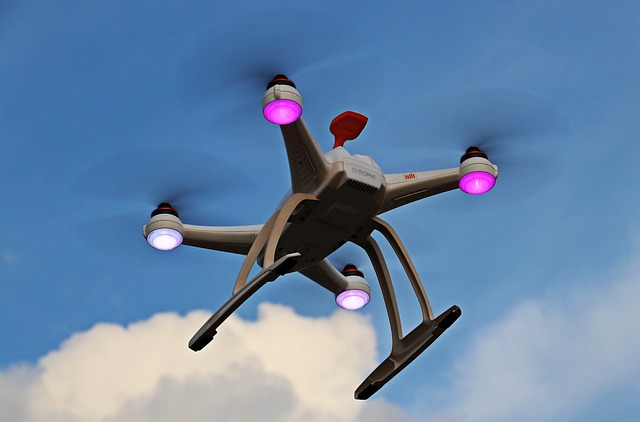Drones are everywhere these days and readily accessible to everyone. Great fun and useful? Yes. But problematic? Sometimes…
Take October 2017 for example when a small drone collided with a passenger plane flying above Jean Lesage airport in Quebec City, resulting in minor damage. Nobody was hurt, but it still was the first collision in Canada between a drone and a commercial aircraft.
In response the government introduced interim rules in 2017 to govern drones while it worked on the final regulations, which were adopted by cabinet just before the holiday season. Today, the new rules are set to be officially released, however, there are reports of what they will look like in Canada which include things like banning them from flying near airports and emergency scenes and making sure operators aren’t high or drunk.
Here are the main takeaways:
– Registered owners of drones must be at least 14 years old and a citizen or permanent resident of Canada. Corporations and federal, municipal or provincial governments can also own drones.
-Operators of drones will have to keep them in their visual line of sight at all times unless they have a special certificate permitting them to do so
-No drones will be allowed to fly too close to airports or heliports or in controlled airspace, and will have to give way to aircraft, airships, gliders and balloons
-With the exception of police, rescue and firefighting operations, nobody will be allowed to fly a drone over or within a security perimeter set up by officials in response to an emergency (that could prohibit news organizations from using drones equipped with cameras to get aerial footage of crimes, etc)
-No drinking rules will apply meaning that drinking alcohol within 12 hours of being on a drone flight crew is prohibited, as is being “under the influence of alcohol” or “any drug that impairs the person’s faculties to the extent that aviation safety or the safety of any person is endangered or likely to be endangered.”
-Anyone who is tired or otherwise unable to properly perform their duties is prohibited from operating a drone or taking part in a drone flight crew
-Flying a drone in bad visibility weather where it cannot be seen will be prohibited as will operating it when frost, ice or snow are stuck to it
-Night time flights will require special lighting systems for the drone
-Flying a drone over big events like concerts or sports will require a special flight operations certificate.
-Two levels of pilot certificates to operate a drone will be established including a basic certificate( at least 14 years old and pass a test, or if under 14 be supervised by someone 14 or older who has a certificate) and advanced certificate (individuals must be at least 16 years old and pass a flight review which allows them access to fly closer to airports and controlled airspace).
Transport Minister Marc Garneau is set to formally announce the new rules for remotely piloted aircraft systems at a news conference in Montreal today which are anticipated to go into effect by June 1, 2019.
To receive similar content, “Like” us on Facebook @ https://www.facebook.com/niagarabuzz.ca










